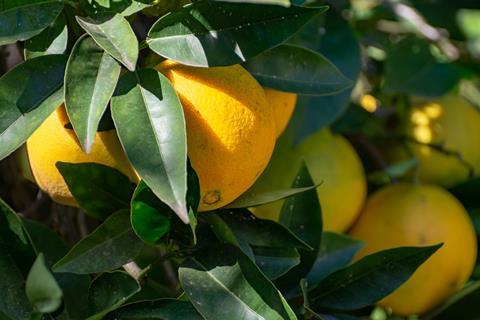Citrus production in Western Cape hit by storms and flooding, while some fruit destined for US could be delayed

With the latest of a series of winter storms sweeping over the South African Western Cape region, citrus and other fruit growers are facing a difficult period of recovery.
For the last ten days all citrus harvesting in the Oliphant’s River Valley, the most important region supplying summer citrus to the US, has been suspended.
Infrastructure in the Valley and in other parts of the Western Cape has been damaged, with key roads washed away and communities in rural regions flooded.
The winter storms in these regions have been described as the worst since 2008 when floods rose to record levels in places.
It comes when significant volumes of South African citrus are due to be discharged in the US later this week, marking the real start of the marketing season. Significant volumes have also been shipped by containers since April.
Industry leaders said that before the storms started enough fruit had been packed for the first three vessels, but that their departure could be delayed.
Vessels departing every ten days have been scheduled for the US marketing season, which lasts until October.
“We are managing our volumes already packed to supply the market as best we can,” said Boet Mouton, chairman of the Summer Citrus Forum, which coordinates shipping activities.
Other growers pointed out that they have suffered significant losses, with low lying orchards flooded and the fruit rendered unsuitable for exports.
There has been significant road infrastructure damage and the main road into Citrusdal, the centre of production in the Oliphant’s Valley, has been washed away.
Alternative routes out of the Valley have been partially opened, but it is not thought that growers will be able to harvest this week.
Mouton said some US vessels could be delayed over the next month, as harvesting recovers.
“We produce over a large region and once drier weather sets in we hope to return to normal activities,” he added.



